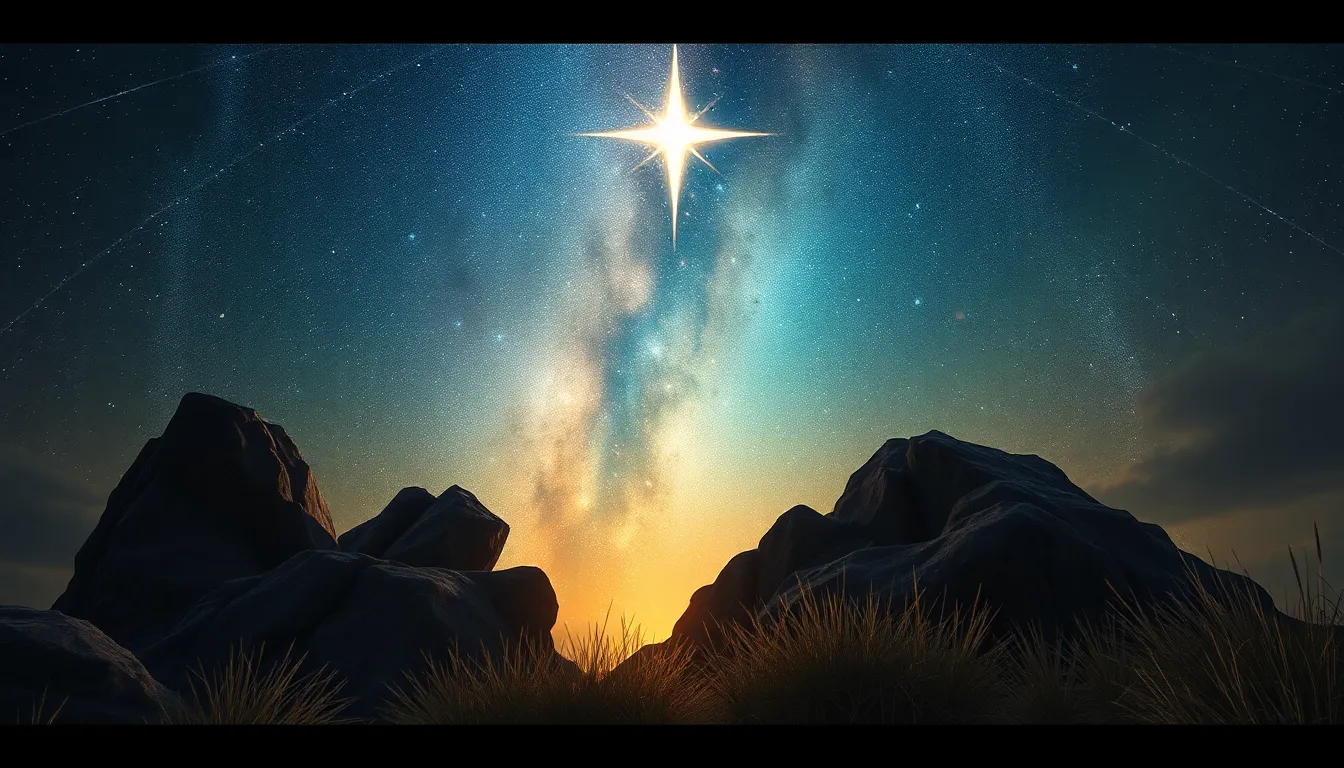The Myth of the Kraken: The Sea Monster of Ancient Lore
Introduction to the Kraken Myth
The Kraken, a legendary sea monster, has captured the imagination of sailors and scholars alike for centuries. Often depicted as a gigantic creature lurking in the depths of the ocean, the Kraken has become a symbol of the mysteries and fears associated with the sea. Its importance in maritime folklore and literature can be seen through numerous tales of sailors who claimed encounters with this fearsome beast.
Historical Origins of the Kraken Legend
The origins of the Kraken legend can be traced back to ancient texts and mythologies. One of the earliest known references comes from the writings of Francesco Negri, an Italian priest, in the 17th century, who described a creature resembling the Kraken in his travels through Scandinavia. However, the influences of Norse mythology and Scandinavian culture are particularly significant in shaping the Kraken narrative.
- Norse sagas often mention sea monsters, which may have inspired the Kraken legend.
- In Scandinavian folklore, the Kraken is often depicted as a giant octopus or squid that terrorizes sailors.
Physical Descriptions of the Kraken
Across cultures, the Kraken has been described in various ways. Some interpretations depict it as a colossal octopus, while others suggest it resembles a giant squid. Key features often attributed to the Kraken include:
- Long, snake-like tentacles capable of dragging ships under the water.
- A massive, bulbous body that can be mistaken for an island when it surfaces.
- Glowing eyes and a beak-like mouth, reminiscent of real-life cephalopods.
These descriptions bear a striking resemblance to real-life sea creatures such as giant squids and octopuses, which can grow to impressive sizes and exhibit eerie behaviors.
The Kraken in Literature and Art
The Kraken has made notable appearances in classic literature, influencing various writers and artists. In Jules Verne’s “Twenty Thousand Leagues Under the Sea,” the creature is depicted as a monstrous threat to sailors. Alfred Lord Tennyson also referenced the Kraken in his poem “The Kraken,” portraying it as a dormant beast waiting to rise from the depths.
Artistic depictions of the Kraken have evolved over time, ranging from terrifying illustrations in medieval manuscripts to more whimsical interpretations in modern cartoons. Artists have often used the Kraken to explore themes of fear, the unknown, and the power of nature.
The Kraken’s Role in Maritime Culture
The tales of the Kraken have played a significant role in maritime culture. Sailors often recounted stories of giant sea monsters to explain the mysterious disappearances of ships and crew. These narratives contributed to a culture of superstition among seafarers, wherein the Kraken became both a source of fear and a cautionary tale.
As a symbol of the unknown, the Kraken embodies the human fascination with the ocean’s vastness and unpredictability. Sailors believed that encountering the Kraken could signify bad luck or impending doom.
Scientific Explanations for the Kraken Myth
Several natural phenomena may have contributed to the creation of the Kraken myth. Large sea creatures, such as the giant squid, were once thought to be mere legends until they were discovered by marine biologists. Additionally, whirlpools and storms could cause distressing incidents at sea, leading sailors to attribute these events to mythical creatures like the Kraken.
Modern science has provided insights into the behavior of giant cephalopods, revealing that these creatures can be elusive and are capable of remarkable feats, such as changing color and disappearing into their surroundings. This adds a layer of credibility to the tales of the Kraken, illustrating how real-life encounters with these animals may have inspired folklore.
The Kraken in Modern Media
In recent years, the Kraken has experienced a resurgence in contemporary media. From films like “Pirates of the Caribbean” to video games such as “Sea of Thieves,” the Kraken continues to be a popular figure in pop culture. These portrayals often emphasize its monstrous nature while incorporating more fantastical elements.
Modern depictions of the Kraken often differ from historical descriptions, leaning toward dramatization and spectacle. However, they still maintain the core attributes that have defined the creature throughout history, such as its immense size and fearsome reputation.
Cultural Variations of Sea Monsters
Similar sea monster legends exist in various cultures around the world, showcasing universal themes of fear and awe associated with the ocean. Examples include:
- Umibōzu: A Japanese sea spirit known to appear suddenly and capsize ships.
- Lusca: A creature from Caribbean folklore, often described as a half-shark, half-octopus.
These legends illustrate how different cultures have interpreted the unknown forces of the sea, often resulting in the creation of their own sea monsters.
The Kraken as a Symbol in Society
The Kraken serves as a powerful symbol representing human fears, challenges, and the formidable power of nature. Its myth encapsulates the struggle between humanity and the unpredictable forces of the ocean. Additionally, in the context of environmental concerns, the Kraken can represent the fragility of marine ecosystems and the need for conservation.
By examining the Kraken myth through a modern lens, we can appreciate its implications for society, particularly regarding our relationship with the ocean and the importance of preserving its mysteries.
Conclusion: The Enduring Legacy of the Kraken
The cultural significance of the Kraken endures in today’s world, reflecting humanity’s eternal fascination with the sea and its hidden dangers. As we continue to explore the depths of our oceans, the Kraken remains a potent symbol in storytelling, reminding us of the age-old myths that shape our understanding of the natural world.
As we navigate the complexities of modern life, the allure of sea monsters like the Kraken serves as a reminder of the unknown and the stories that connect us to our past.



